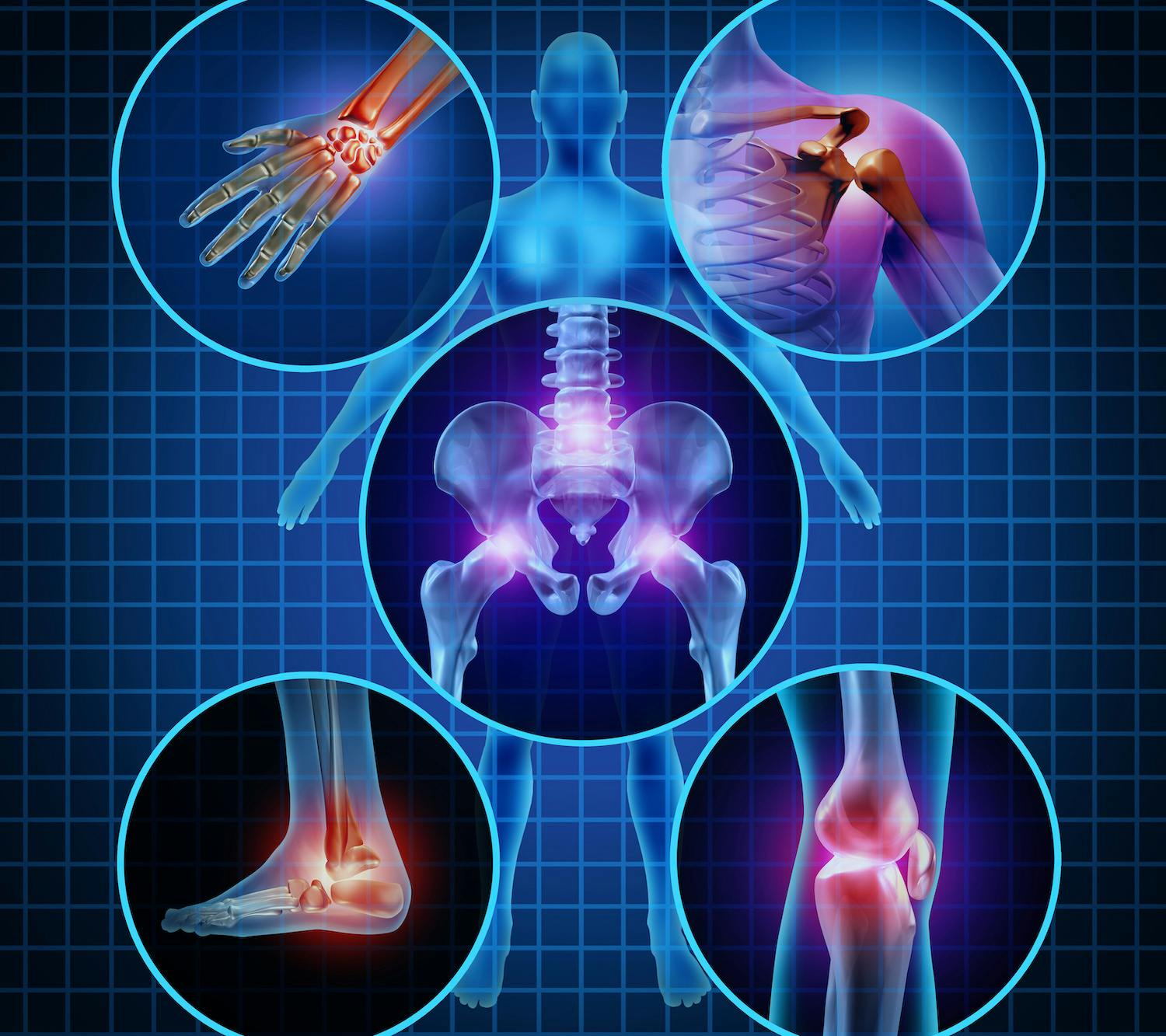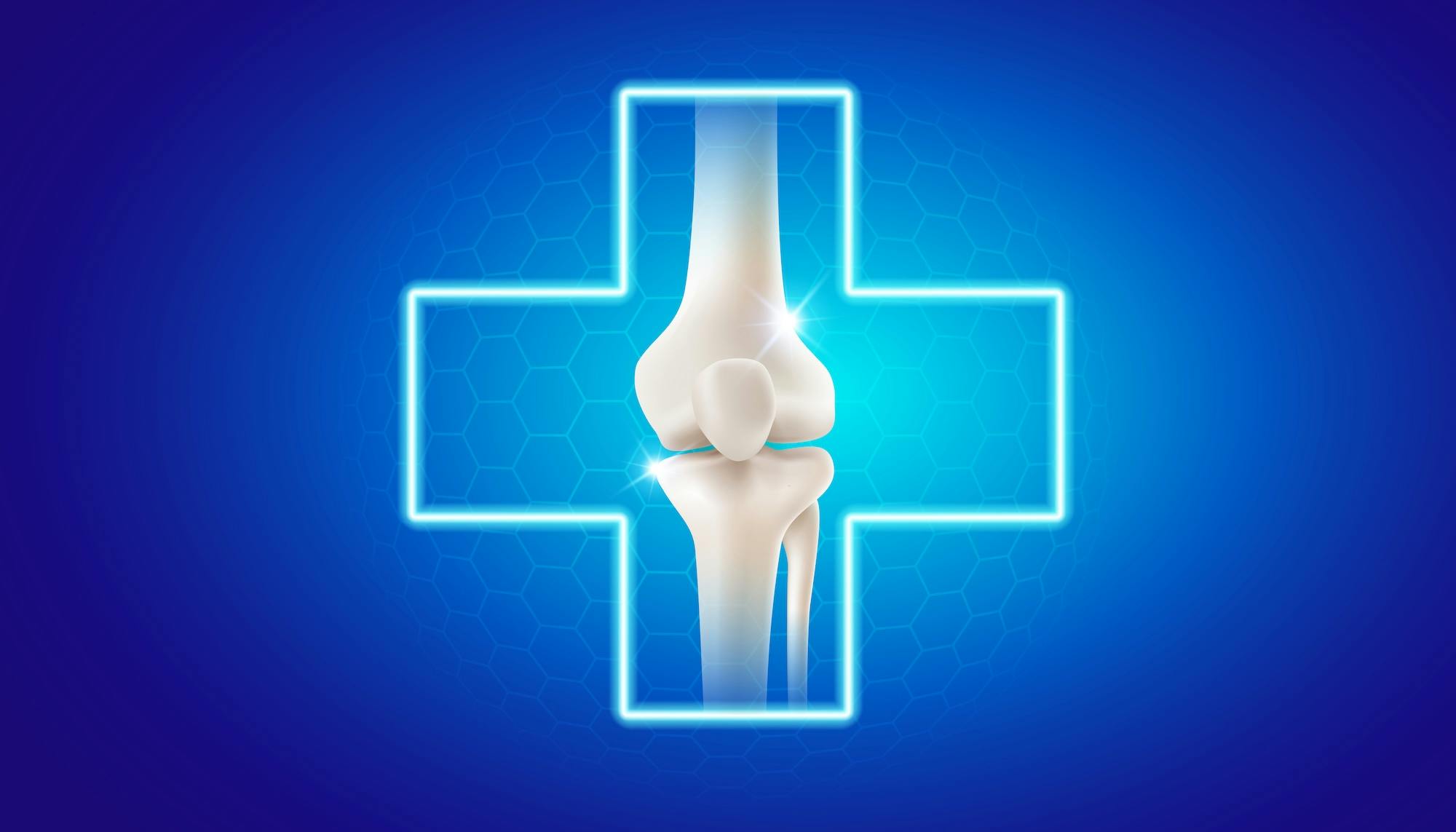- Blog
Regenerative Medicine Treatments
Posted on 04-16-2025 in Regenerative Medicine, Primary Care Sports Medicine, Stem Cell Therapy, orthobiologics & PRP Therapy by Dr. Joshua Hackel

Posted on 04-16-2025 in Regenerative Medicine, Primary Care Sports Medicine, Stem Cell Therapy, orthobiologics & PRP Therapy by Dr. Joshua Hackel
Regenerative medicine, sometimes called orthobiologics, is the burgeoning field of clinical research and treatment that focuses on harnessing the body’s ability to heal itself to manage musculoskeletal injuries effectively. While regenerative medicine might sound futuristic, the science and research around these treatments have existed for some time.
Like all developing medical treatments, regenerative medicine started as an idea in a laboratory, where the biological underpinnings of the treatment were tested and proven by scientists. This early-stage research grew and developed into clinical trials, and there are now many studies being conducted around the world to determine the safety and efficacy of the clinical applications of regenerative medicine in orthopaedics.
As the safety and efficacy of regenerative treatments continue to be tested and refined, clinicians believe these procedures hold great promise for treating orthopaedic disorders. The two primary regenerative medicine procedures being developed and tested for orthopaedic application are:
Platelet-Rich Plasma (PRP):
Platelet-Rich Plasma (PRP) Therapy technically describes the end product of a patient’s blood after it has been extracted and refined through a mechanical–not chemical–process to contain far higher concentrations of platelets than would normally be present. This preparation, now rich in healing growth factors, is injected into the injury site, allowing the platelets to work and promoting recovery in the affected anatomy.
Your physician may give you one PRP treatment, or they may recommend multiple PRP injections over the course of a few months. The number and frequency of injections your physician recommends will ultimately be based on the specifics of your injury and how much your condition improves after each treatment.
The healing effects of PRP Therapy are widely known across various medical specialties, including Sports Medicine. In our practice, Dr. Hackel provides PRP treatments to assist patients as they heal from overuse injuries, joint arthritis, strains and sprains of the muscles, tendons and ligaments and those who suffer from Tendonitis and Tendonosis.
If you suffer from pain and physical limitation due to a soft tissue injury or condition, PRP injections could be right for you. PRP injections are efficacious, safe, and can be used to treat various conditions.
Stem Cell Therapy:
Stem Cell Therapy also harnesses the body’s power to promote healing and recovery and involves the adult stem cells found in various tissues throughout the body. With a wide range of regenerative and anti-inflammatory properties, these cells uniquely differentiate themselves, allowing them to “grow” into various cell types. This ability to differentiate allows a stem cell to develop into a specific kind of cell based on the body’s needs. This differentiating effect, coupled with the profound anti-inflammatory properties of stem cells, is believed to lead to pain relief and even the potential resolution of an injury.
By differentiating into what is needed at the injury site, stem cells can replace diseased or damaged cell structures and recruit other repair cells to the injury site, leading to long-term recovery. Expert clinicians harvest stem cells from a patient’s bone marrow or adipose (fat) tissue, process them, and inject them under ultrasound guidance. This helps ensure the cells are precisely targeted to the desired location.
In our practice, Dr. Hackel has tested the efficacy of stem cell therapy for common injuries and conditions such as meniscus tears, tendon strains and tears, ligament sprains or tears, patellar tendonitis (jumper’s knee), joint arthritis, and overuse injuries. He is currently conducting or has completed the following clinical studies in partnership with the Andrews Research and Educational Foundation:
Randomized Study to Evaluate the OrthoCor Active System for Pain Relief
As one of the leading clinicians and researchers in regenerative medicine, Dr. Josh Hackel focuses on working with patients to maximize healing and minimize recovery time. To schedule a consultation and learn more about treatment options that may be right for you, complete our online appointment request or call 850-916-8783 to schedule a visit.

March is National Nutrition Month®, and as part of the conversation, the North Florida Bone & Joint team wants to emphasize the impact diet can have on your bone health. Before diving in, it's essential to understand the role the skeleton plays in your body. Specifically, the skeleton—and the bones its comprised of—serve the following functions:

At North Florida Bone & Joint Specialists, we’re committed to delivering convenient, expert care throughout the Gulf Coast. As part of that commitment, we’re excited to announce the expansion of our clinical office footprint. In March, we opened two new locations in Milton and Navarre, FL, further enhancing our ability to serve patients across Northwest Florida.

Valentine’s Day is all about love—so why not show your joints some love, too? Whether you’re an athlete, an active adult, or simply looking to maintain mobility as you age, taking care of your joints is essential for long-term health and well-being. At North Florida Bone & Joint Specialists, we believe that self-care isn’t just about relaxation—it’s about making intentional choices to keep your body strong, pain-free, and resilient. Here are four self-care tips to keep your joints healthy and moving with ease: